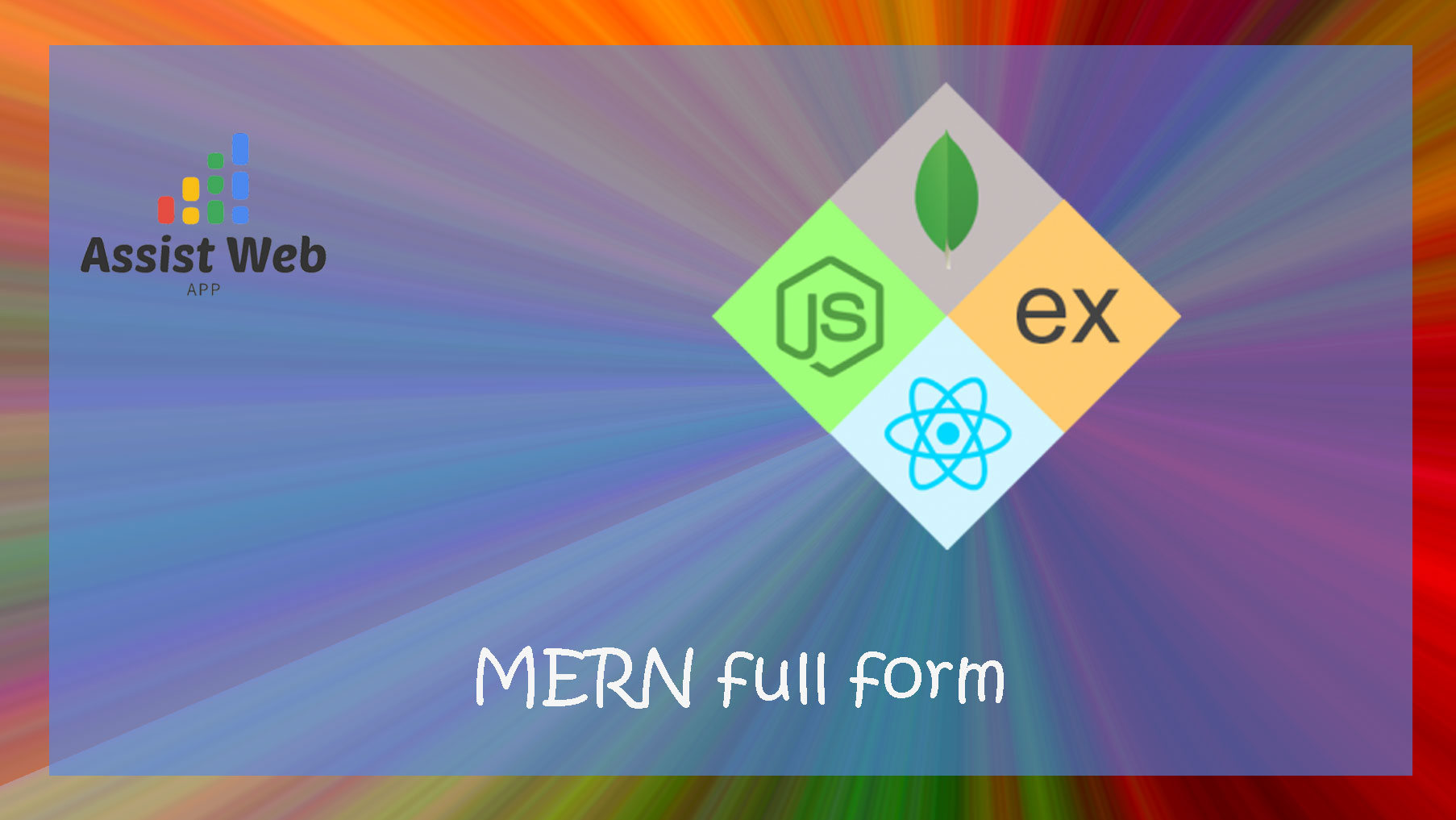
Unleashing the Power of MERN: A Deep Dive into MongoDB, Express.js, React, and Node.js for Web Development
In the ever-evolving landscape of web development, the MERN stack has emerged as a powerhouse, bringing together MongoDB, Express.js, React, and Node.js. This article will delve into the intricacies of each component, unraveling the seamless synergy that makes MERN a preferred choice for modern web applications.
1. MongoDB: MongoDB, a NoSQL database, plays a pivotal role in the MERN stack. Its flexible schema design allows developers to adapt to changing requirements effortlessly. Explore the document-oriented paradigm and understand how MongoDB facilitates scalability and efficient data management.
2. Express.js: Moving to the server-side, Express.js simplifies the process of building robust and scalable web applications. Discover the features that make Express.js an indispensable part of the MERN stack, such as middleware support, routing, and its minimalist approach to web application development.
3. React: The client-side is transformed by React, a JavaScript library for building user interfaces. Dive into the world of declarative components, virtual DOM, and JSX syntax, unraveling the magic that makes React a go-to choice for building interactive and dynamic user interfaces.
4. Node.js: At the heart of the MERN stack lies Node.js, providing a runtime environment for executing server-side JavaScript. Explore the event-driven, non-blocking I/O model of Node.js and understand how it complements the other components, enabling seamless communication between the server and the client.
Conclusion: As we conclude our exploration, it's evident that the MERN stack offers a holistic solution for building modern, efficient, and scalable web applications. The combination of MongoDB, Express.js, React, and Node.js creates a development environment that empowers developers to craft feature-rich, responsive, and performant applications.
Incorporating MERN Stack into Your Projects: Whether you are a seasoned developer or a newcomer to web development, embracing the MERN stack can elevate your projects to new heights. Take advantage of the flexibility, scalability, and ease of use that MongoDB, Express.js, React, and Node.js bring to the table, and embark on a journey of building cutting-edge web applications.
Frequently Asked Questions (FAQs)
- Q1: What is the MERN stack?
The MERN stack is a popular combination of technologies for building modern web applications. It comprises MongoDB (database), Express.js (web application framework), React (JavaScript library for user interfaces), and Node.js (JavaScript runtime for server-side development).
- Q2: Why choose the MERN stack for web development?
The MERN stack offers a seamless and efficient development environment. MongoDB provides flexibility in data storage, Express.js simplifies server-side development, React ensures dynamic user interfaces, and Node.js facilitates server-side JavaScript execution, resulting in a cohesive and powerful full-stack solution.
- Q3: Is the MERN stack suitable for all types of web applications?
Yes, the MERN stack is versatile and can be adapted to various types of web applications. It is particularly well-suited for building single-page applications (SPAs) and dynamic, responsive websites.
- Q4: How does MERN differ from MEAN or other stacks?
MERN and MEAN (MongoDB, Express.js, Angular, Node.js) are both full-stack JavaScript stacks. The main difference lies in the front-end framework/library used (React in MERN, Angular in MEAN). The choice depends on project requirements and developer preferences.
- Q5: Can I use a different database with the MERN stack? A5: While MongoDB is the default choice, the MERN stack is flexible, and you can use alternative databases based on your project's needs. However, it's important to ensure compatibility and handle any adjustments needed in the code.
- Q6: Are there any notable companies using the MERN stack?
Yes, many well-known companies, including Facebook, Instagram, and Airbnb, have utilized components of the MERN stack in their development processes. The stack's popularity is evident in its adoption by a wide range of successful applications.
Recent Posts
- Basic to Advanced JavaScript & React.js Syllabus
- Gemini Google AI: Your Powerful Multimodal AI Assistant
- Turbocharge Your Downloads: Enabling Parallel Downloading in Chrome
- Cracking the Code: Mastering JavaScript Interview Questions - Top 50 Q&A for Web Developers
- Demystifying MEAN Stack: A Comprehensive Guide to MongoDB, Express.js, Angular, and Node.js